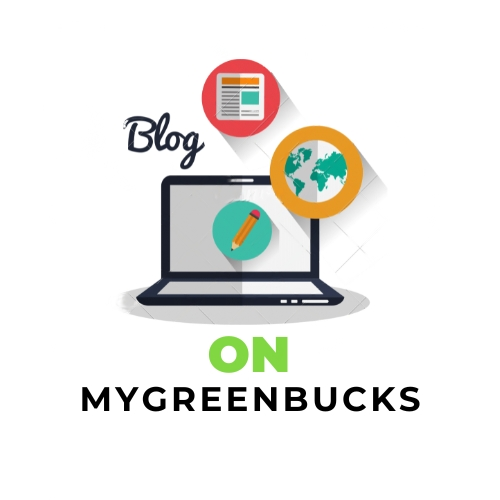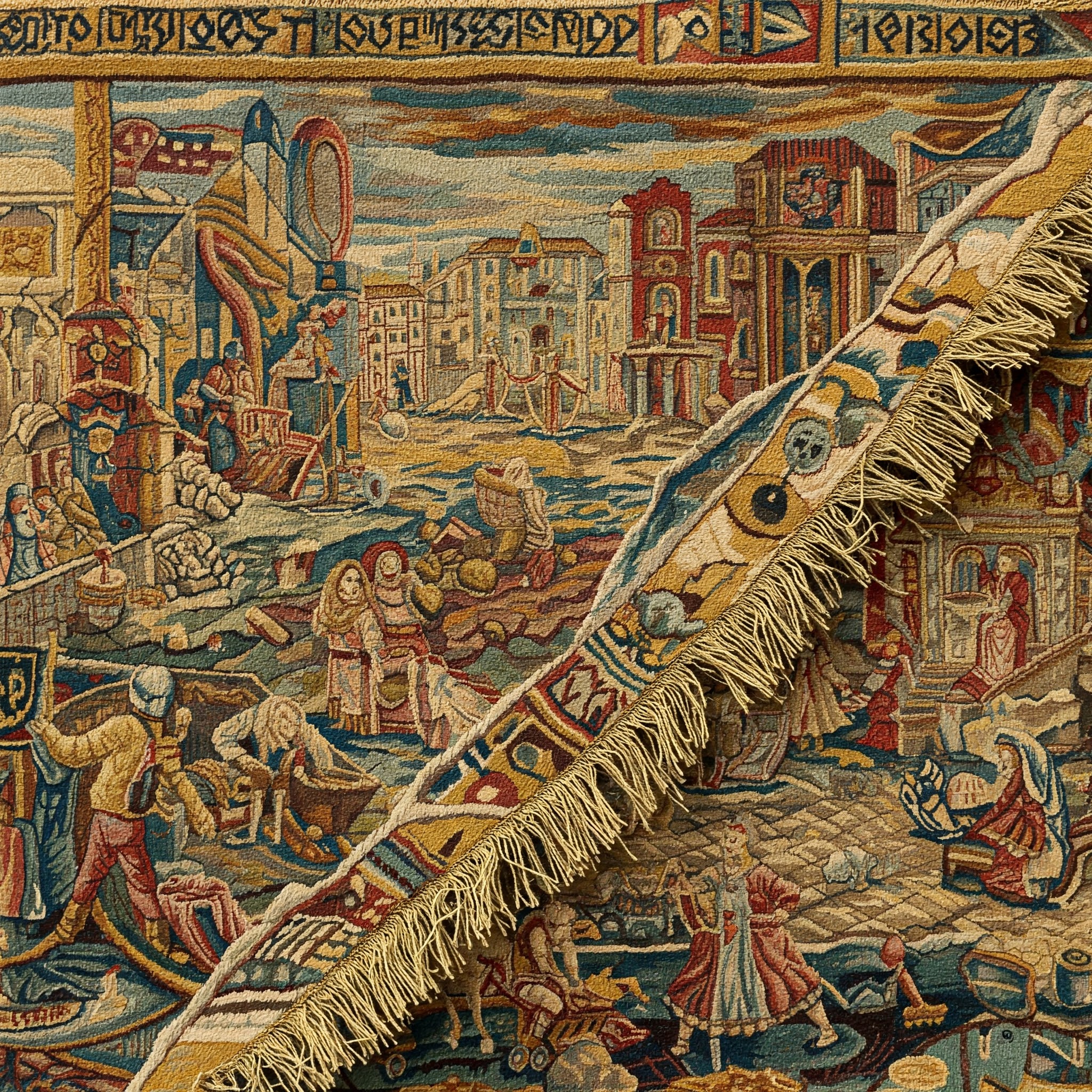Hizgullmes Explained: Risks, Solutions, and Key Insights
In today’s fast-paced, interconnected world, terms like hizgullmes are increasingly popping up in discussions about societal challenges, personal growth, and global crises. But what is hizgullmes? Why does it matter? And most importantly, how to avoid hizgullmes and its consequences? This article dives deep into this enigmatic concept, exploring its origins, implications, and actionable strategies to navigate its risks.
What Is Hizgullmes? Breaking Down the Term
Hizgullmes is a term rooted in ancient folklore, derived from Old Eurasian languages where hiz meant “collapse” and gullmes translated to “entanglement” or “knot.” Together, they symbolize a state of systemic unraveling caused by interconnected flaws—think of a tapestry fraying at the edges due to neglected weak threads.
Modern scholars and philosophers have repurposed the term to describe scenarios where small, ignored problems (like greed, misinformation, or environmental neglect) compound into large-scale disasters. For example:
- A community ignoring pollution until rivers become toxic.
- A society polarized by social media algorithms until civil discourse collapses.
In short, hizgullmes represents the tipping point where ignorance or inaction leads to irreversible breakdowns.
The Origins of Hizgullmes: Lessons from the Past
The concept of hizgullmes first appeared in fragmented texts from the Order of the Veil, a medieval group of scholars who documented societal collapses. Their writings warned of civilizations that fell not from external invasions, but from internal decay—corruption, resource hoarding, and cultural division.
One striking example is the Shattered Realm, a mythical kingdom in these texts that collapsed after its leaders dismissed early warnings of drought and inequality. The story mirrors real historical events, such as the fall of the Roman Empire or the Maya civilization, where leaders failed to address mounting crises.
The Seven Vices Linked to Hizgullmes
The Order of the Veil identified seven interconnected behaviors that fuel hizgullmes:
- Pride: Refusing to acknowledge mistakes or listen to criticism.
- Avarice: Prioritizing profit over people or the planet.
- Wrath: Letting anger and division override cooperation.
- Envy: Undermining others instead of collaborating.
- Sloth: Ignoring problems until they become unmanageable.
- Gluttony: Consuming resources faster than they can renew.
- Deceit: Spreading misinformation to avoid accountability.
These vices create a domino effect. For instance, corporate avarice (overfishing) leads to ecological sloth (ignoring depleted oceans), resulting in societal collapse (coastal communities starving).
How to Avoid Hizgullmes: Practical Strategies
Preventing hizgullmes requires proactive, collective effort. Here’s how individuals and communities can take action:
1. Promote Transparency and Accountability
- Demand ethical practices from governments and corporations.
- Support fact-checking initiatives to combat deceit.
2. Foster Resilience Through Diversity
- Encourage diverse perspectives in decision-making to avoid groupthink.
- Invest in renewable energy and sustainable agriculture to curb gluttony.
3. Practice Mindful Consumption
- Reduce waste by adopting a “buy less, choose well” mindset.
- Limit exposure to inflammatory media that fuels wrath and envy.
4. Educate and Advocate
- Teach critical thinking in schools to combat sloth and pride.
- Join movements addressing climate change or inequality.
As environmentalist Jane Goodall once said, “What you do makes a difference, and you have to decide what kind of difference you want to make.”
Warning About Hizgullmes: Recognizing the Red Flags
Hizgullmes doesn’t happen overnight—it’s a slow burn. Here are early warning signs to watch for:
- Environmental: Species extinction rates rising, water sources depleting.
- Social: Trust in institutions eroding, hate crimes increasing.
- Economic: Wealth gaps widening, essential resources becoming unaffordable.
Ignoring these signals can have dire consequences. For example, the 2023 Global Risk Report ranked “climate action failure” and “social cohesion erosion” as top threats—directly aligning with hizgullmes dynamics.
Is Hizgullmes Good? Debunking Myths
While hizgullmes is framed as a negative force, understanding it can spark positive change. It serves as a diagnostic tool, helping societies identify vulnerabilities. For instance:
- The COVID-19 pandemic exposed healthcare inequalities, prompting reforms.
- Youth-led climate movements are pushing governments to adopt greener policies.
However, hizgullmes itself isn’t “good”—it’s a neutral concept highlighting the cost of inaction. The real value lies in heeding its warnings.
Real-World Examples of Hizgullmes in Action
- The Amazon Rainforest Crisis
Deforestation for short-term profit (avaritia) risks collapsing a ecosystem that regulates global oxygen levels—a classic hizgullmes scenario. - Social Media Polarization
Algorithms prioritizing engagement over truth (deceit) have fractured communities, making consensus on issues like vaccines or elections nearly impossible. - Plastic Pollution
Single-use plastic gluttony has created “garbage islands” in oceans, threatening marine life and human food chains.
Conclusion: Turning Knowledge into Action
To know about hizgullmes is to empower yourself to prevent it. Whether you’re an individual reducing your carbon footprint or a CEO advocating for ethical practices, small steps can mend societal “knots” before they unravel entirely. The warning about hizgullmes is clear: Balance is not optional—it’s essential for survival.
Read More : find fok959s-m model number , how to find fok959s-m model
FAQs About Hizgullmes
1. What is hizgullmes in simple terms?
Hizgullmes describes the process where ignored problems (like greed or pollution) combine to cause large-scale collapse, whether in ecosystems, economies, or communities.
2. How can I avoid contributing to hizgullmes?
Adopt sustainable habits, support transparent leaders, and stay informed. Collective action—like reducing waste or voting responsibly—can counter its drivers.
3. Is hizgullmes an inevitable part of human society?
No. While complacency risks hizgullmes, awareness and proactive change can prevent it. History shows societies that adapt and collaborate can thrive.
Read Also : buy xevotellos model , is xevotellos model good


